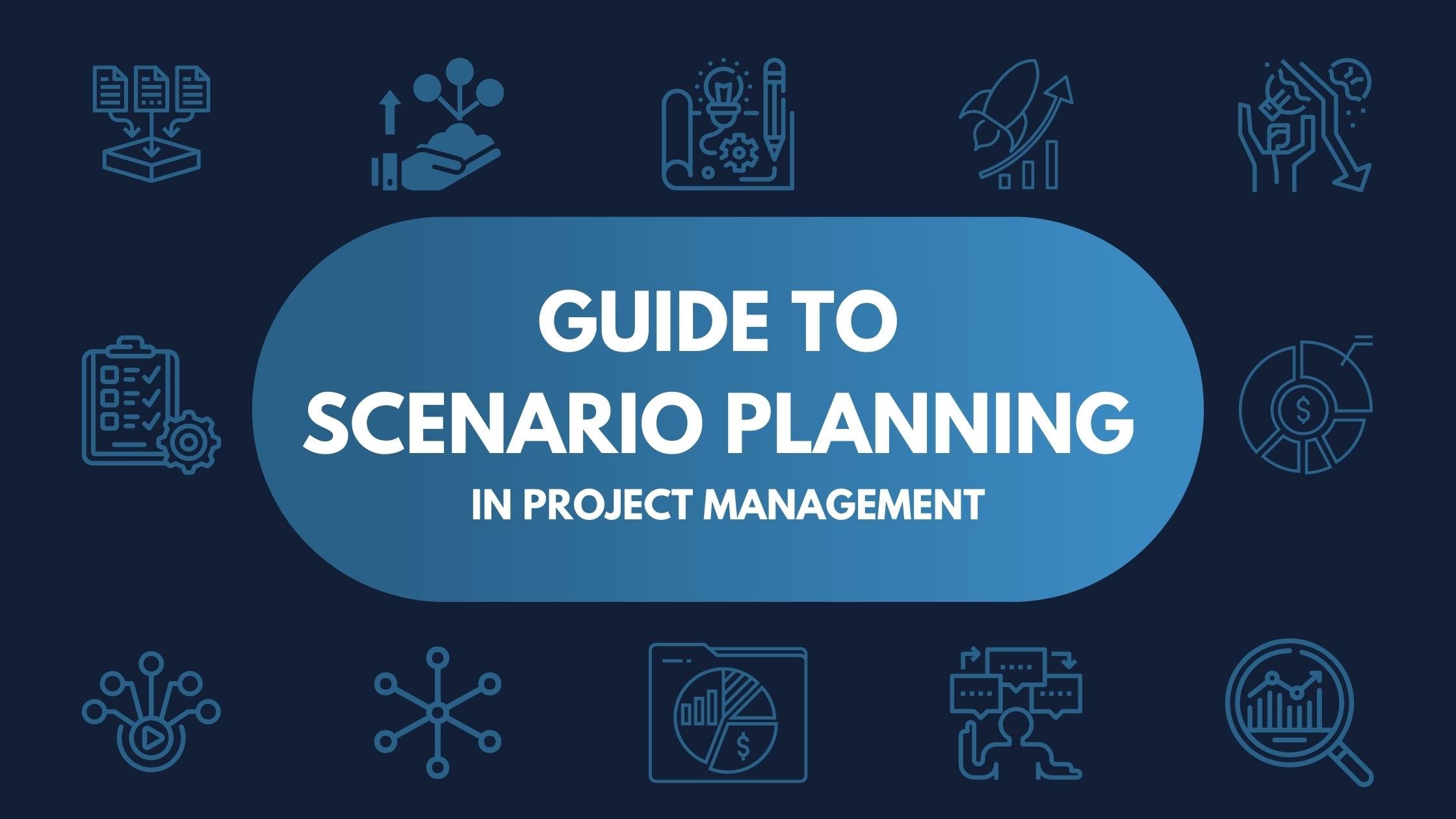Organisational governance for project management is not a new concept. However, project managers still often misunderstand it, and oftentimes limited to the project management realm. This reduces its impact to organisational processes, frameworks, and principles that guide project-based decision making.
Successful organisational governance both influences project management processes and governs the organisation delivering these projects. Often, the missing piece to truly successful project governance is a robust organisational governance structure. In this blog, we guide you through the concept of governance, organisational governance and the benefits good organisational governance can bring your business.
What is organisational governance?
Organisational governance, also referred to as corporate governance, encompasses the overarching approach to managing an organisation. When managers enhance their organisational governance, they can address two core questions: “What does the organisation need to achieve?” and “Why is this important to the organisation?”
The OECD has an extensive definition for organisational governance as:
“ the system by which business corporations are directed and controlled. The corporate governance structure specifies the distribution of rights and responsibilities among different participants in the corporation…and spells out the rules and procedures for making decisions on corporate affairs. By doing this, it also provides the structure through which the company objectives are set, and the means of attaining those objectives.”
While there isn’t a clear-cut definition of what good organisational governance is, most have overlapping components. These include:
- Ensuring the right organisational strategic objectives are set.
- Appointing the right executives to provide advice.
- Collaborating with executives in the designing and implementation of policies that consider key strategic principles and organisational values.
- Collaborating with managers to ensure the organisation’s resources are being used efficiently in line with the organisation’s policies and strategic objectives.
Organisational governance is the overarching framework from which project governance and PPM governance emerge.
Six core functions of Organisational Governance
In her article, Dr Lynda Bourne identifies the six core functions of governance as:
- Determining the objectives of an organisation
- Determining the ethics of an organisation
- Creating the culture of an organisation
- Ensuring compliance within an organisation
- Ensuring accountability within management
- Designing and implementing the governance framework for an organisation
When we have this overarching view of governance, we can see how only viewing governance from a project level can be limiting. Good governance is not only about setting up the right frameworks for decision-making. It actively concerns itself with creating suitable environments, cultures, and practices ensuring those frameworks address the right factors and can be effectively implemented.
When an organisation establishes a set of standards and processes for various project teams, the teams can work cohesively. Good governance is based around the same idea- applying a set of standards and processes across an entire organisation. Without these processes and standards, departments and management can experience disconnection. In addition, it fails to reap the full benefits of governance for senior management and key decision-makers.
It’s not hard to see how organisational governance is critical for successful governance at all levels. There’s a lot of issues which can come up in corporate governance, so check out this article to avoid those issues.
Benefits of Good Organisational Governance
1. It builds good culture and processes
It’s hard to make good decisions if pre-existing cultures and processes encourage you to do otherwise. Good organisational governance creates the right culture and encourages positive behaviours across the organisation. The best way to accomplish this is by actively linking strategic objectives and frameworks and translating them into actionable steps at a working level.
2. It improves decision-making across the organisation
Governance ensures that all decisions made within the organisation apply the same principles, values, and practices. When developing these standards, managers should ensure the organisation’s strategic objectives are reflected in them. Good governance helps individuals at all levels in the organisation make better decisions faster, giving them the extra edge in a fast-paced and turbulent economic environment. These standards improve decision-making, as they clearly identify strategic objectives and organisational processes.
3. Improves organisation-wide efficiency
By implementing and monitoring frameworks, managers have increased visibility of any bottlenecks or hiccups in organisational processes. Therefore, managers can iron out these issues quickly, improving the overall efficiency of various projects throughout the organisation. When managers implement organisational frameworks, processes across the organisation gradually become streamlined. This ensures that activities transition between teams smoothly and in good time. Read more about best practices for good governance here.
4. Improves strategic alignment, planning, and value generation
Organisational governance ensures that employees align all their activities and projects with overarching strategic initiatives. Executives, as they apply these strategy-based frameworks, will find improvements in their strategic planning and decision-making. This in turn gives project teams the agility and confidence to make decisions, contributing to project success and the generation of greater strategic value to the organisation.
5. Improves stakeholder relationships, and organisational reputation
Good organisational governance has the added benefit of improving the external reputation of the organisation with stakeholders and potential investors. When an organisation has clear procedures for communication and decision-making, it builds greater confidence and trust. This transparency can improve long-term relationships and will reflect well on your organisation.
6. Improves sustainability
In their article, de la Cruz and Lopez emphasise that sustainability should not merely be an afterthought in project management. Rather, consideration to sustainability should be reflected throughout the entire project lifecycle. Organisational governance is a critical tool when enabling organisations to fully integrate their sustainability practices throughout all stages of their projects.
Read more: The 7 Processes of Sustainable Project Management
Learn more about governance with pmo365!
As mentioned, governance is a misunderstood concept and many fail to tap into the full benefits of good governance due to these misunderstandings. Make sure to check out our blog for extensive content on everything to do with governance in project management.
If you want to continue learning more about organisational governance, be sure to read our post on the challenges of organisational governance.













